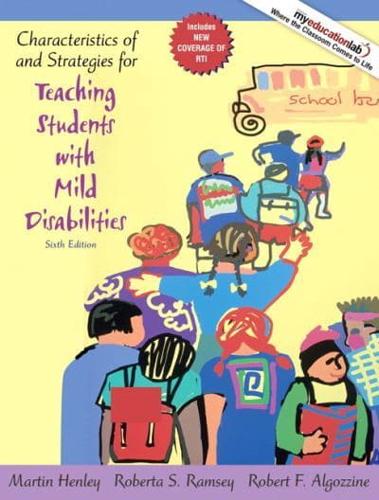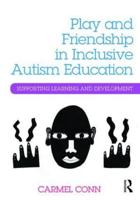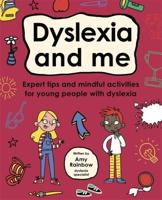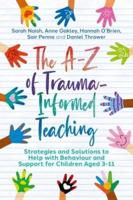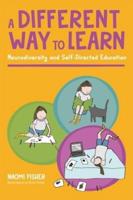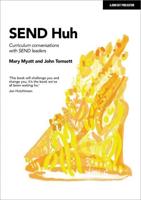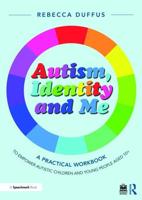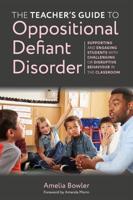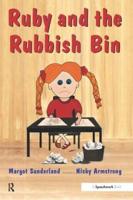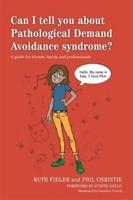Publisher's Synopsis
Describes the characteristics of students with mild disabilities, and clearly explains the best teaching practices for inclusive education, behavior management, social skill instruction, and modifying classroom instruction for students with mild disabilities, including learning disabilities, mild intellectual disabilities and emotional disturbance.
This new edition includes an elaboration of Response to Intervention (RTI), which since the last edition has become a focal point of research and literature among general and special educators. This is a dynamic progression of cooperation between general and special education - primarily due to changes in the federal law regarding how students with learning disabilities are identified.
Highlights of the New Edition:
- Re-organized to present the overview of mild disabilities earlier in the sequence of chapters(now chapter 2). This chapter includes new information on Asperger's Syndrome, pervasive developmental delay and non-verbal learning disabilities, as well as expanded information on ADHD.
- Response To Intervention (RTI). New information on RTI and how it creates opportunities for general education reading specialists to establish preventive reading programs for at-risk students. Included is specific scientifically based reading strategies identified by the National Institute for Literacy (Chapter 5).
- Contains updated information on IDEA '04 and No Child Left Behind with an emphasis on how these laws affect teaching, assessing and managing the behavior of students with mild disabilities.
- New information on using technology with students with mild disabilities.
